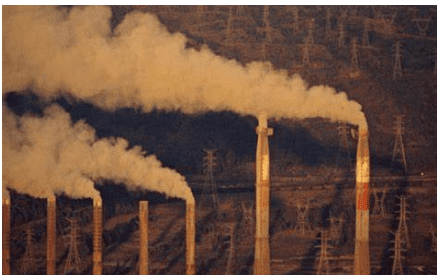Friday’s pledge by France and Germany was to support each other in the prevention of an energy crisis that could arise from Russia’s dwindling supplies due to the conflict in Ukraine.
Germany and France signed a joint agreement in which Germany will supply electricity to France while receiving much-needed natural gases as part of the agreement.
Scholz stated, “Friends help one another in need,” after the Berlin signing ceremony.
Borne agreed with that sentiment and said the friendship between the heavyweights was vital. She said, “It has already proven it can withstand trials and overcome many challenges.”
Germany relied heavily on Russian gas supplies before Russia began its war in Ukraine nine month ago. Germany has been scrambling to find alternative sources of gas since then. This includes increasing imports of liquefied petroleum gas.
France is currently struggling to meet its electricity requirements due to the repairs to several of its nuclear power stations. It is possible that the grid could be strained by a sudden increase in electricity demand from France, combined with lower production in Germany, and limited transmission capacity throughout Europe.
France responded by saying it would supply Germany up to 100 gigawatts of gas per day. Germany will continue to “maximize interconnection capacity” for electricity exports.
According to the agreement, Berlin will allow all available reserve power plants to return to the market. This will delay the end of the nuclear power plant phase-out until mid-April 2023 to provide additional electricity trading volumes for France.
Berlin’s growing sympathy for France’s approach is a clear sign that Germany is worried about the traditional trade order melting. Washington is following China’s lead by providing massive state support for the industry. Germany is one of the EU’s most commercially liberal countries and has always opposed French interventionist industrial strategies, believing such measures would violate free-trade taboos.
However, the calculus is changing ahead of Friday’s meeting of EU trade ministers at Brussels and Friday’s meeting between Olaf Scholz, German Chancellor, and Elisabeth Borne, French Prime Minister.
The time for peace negotiations with the U.S. is running out and there is little hope of an agreement. German officials are now open to discussing not only funneling billions in state subsidies into key green technology like hydrogen or batteries but also about creating controversial requirements that would at least partially privilege European production.
Robert Habeck, German Economy Minister, stated Thursday that the EU required a “strong response” to the U.S. law. He told German daily Handelsblatt this would include faster approvals by the European Commission of state aid decisions, more subsidies, and also “procurement local products”.





























